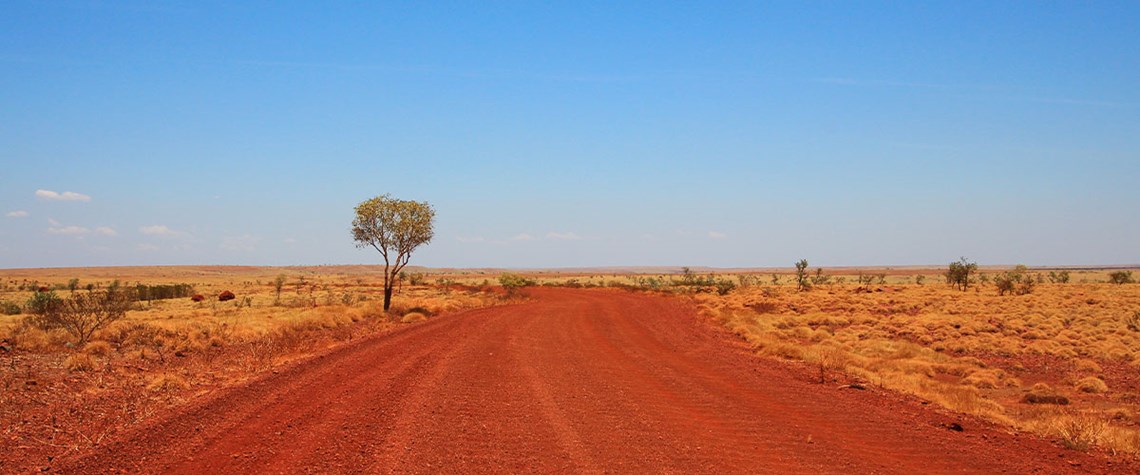BP acquires controlling stake in Australian renewables project
Oil major buys 40.5pc share in Australian Renewable Energy Hub, which will supply power to local mines and produce green hydrogen and ammonia
BP has acquired a 40.5pc equity stake in and become operator of the Asian Renewable Energy Hub (AREH)—a planned 26GW onshore wind and solar project in Australia that will also produce green hydrogen. AREH, in the Pilbara region of Western Australia (WA), was first proposed in 2014 and developed by green hydrogen firm Intercontinental Energy, renewables developer CWP Global and financial services firm Macquarie Capital, which will retain a 26.4pc, 17.7pc and 15.3pc share in the project respectively. Danish wind firm Vestas has sold its stake. The project intends to supply renewable power to local mining firms and produce either 1.6mn t/yr of green hydrogen or 9mn t/yr of green ammonia from 14

Also in this section
21 July 2024
Awards experience 20% increase in nominations this year, with submissions from 27 countries
18 July 2024
Platform developed at Scottish university uses advanced simulations and machine learning to find most cost-effective and sustainable combinations of materials for use in carbon capture
18 July 2024
Stockholm Exergi agrees to one of world’s largest deployments of CO₂ liquefication technology to enable transport of emissions captured from biomass power plant
11 July 2024
Watkins will leverage her financial acumen and strategic insight to lead Gulf’s commercial initiatives across media, events, and market intelligence







